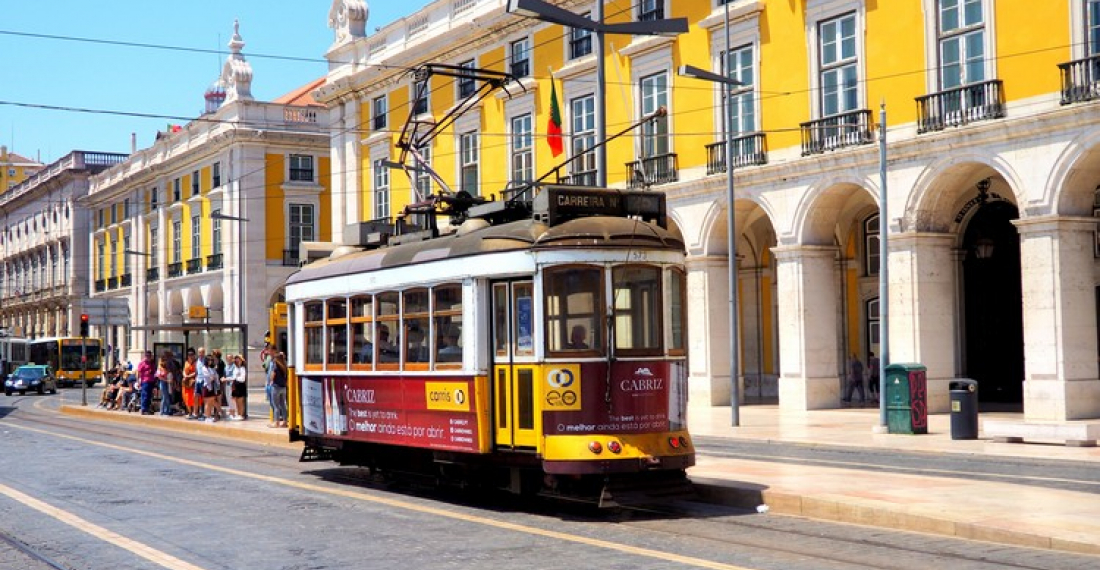The foreign ministers of the 27 EU member states are meeting informally in Lisbon on Thursday and Friday to discuss a raft of issues, with Belarus at the top of the agenda.
Speaking as he arrived for the meeting the EU High Representative for Foreign and Security Policy, Josep Borrell said the Ministers will discuss how to implement the decision of the EU leaders taken on Monday's summit in Brussels to impose economic and sectorial sanctions against Belarus.
But we are going to talk also about the European Union-Africa Partnership, about the Indo-Pacific Strategy and about the conflicts in our Eastern Neighbourhood, which are affecting our security, Borrell added.
Also, during the lunch, the Foreign Affairs Minister of Jordan, Ayman Safadi, will join the meeting and the ministers will take stock of the situation in the Middle East, especially the situation of the conflict between Israel and Palestine after the ceasefire.
Informal EU foreign ministers meetings, also known as GYMNICH, are held every year to enable the ministers to discuss in more depth some of the issues facing the EU in the foreign policy arena. This year there plenty of topics to discuss, but Belarus appears to be the most pressing on the mind of the Ministers. As a rule GYMNICH meetings are hosted by the country holding the rotating presidency of the EU – in this case Portugal.
source: commonspace.eu
photo: Lisbon, general view (archive picture)







